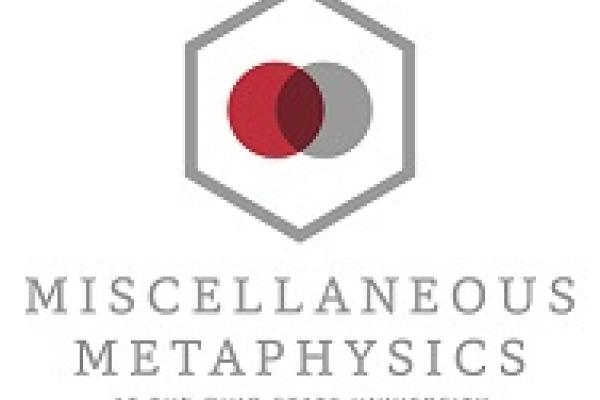
Ontology of Art and Music
Wesley Cray, Texas Christian University
Some Ideas about the Metaphysics of Stories
Abstract: Aaron Smuts has suggested that no account of what stories are can preserve the claim that stories are often retold. Building off of recent work in the ontology of ideas, I argue here (i) that we can adopt an ontology of stories according to which stories are a particular kind of idea; and (ii) that this ontology is immune to the worries which led Smuts to the aforementioned conclusion. The upshot is both positive and critical: it is critical insofar as it demonstrates that Smuts’s worries are not worrisome, and positive insofar as it offers a novel ontology of stories.
Cathleen Muller, Marist College
Race- and Gender-Bending in Fiction: Does the Character Survive?
Abstract: The question of the metaphysics of fictional characters is no longer restricted to the arcane annals of academicians but is having a renaissance in the public sphere, as consumers of fiction debate whether a female Thor is really Thor and whether James Bond can be black. This debate ultimately boils down to a debate over whether a new character has been created, which connects to the much-discussed question of the transfictive identity of characters. My goal in this paper is to consider the options available and apply each of them to the case of gender and race bending, taking into account not only the metaphysics in question but also the ethical ramifications of different theoretical choices.
Brock Rough, University of Maryland—College Park
A Definition and Ontology of Videogames
Abstract: Interest in videogames has increased both within and outside philosophy. A central concern has been their art status. To properly address this question, an account of videogames is needed that is both definitionally and ontologically adequate. In this talk, I present both. I first define the object under scrutiny, so that members of its class can be properly selected from amongst non-members. I propose and defend a formalist intentional-historical definition that captures both the intrinsic and intentional features that can operate to make something a videogame. This approach also makes room for an appropriately non-universal positive answer to the question of whether videogames can be artworks. In light of this definition, I then offer an account of the ontology of videogames that borrows from what is analogously successful in defining musical works, adapted for where the ontology of videogames differs, and offer suggestions for how the ontology of music can be helpfully reconsidered in light of the videogames.
